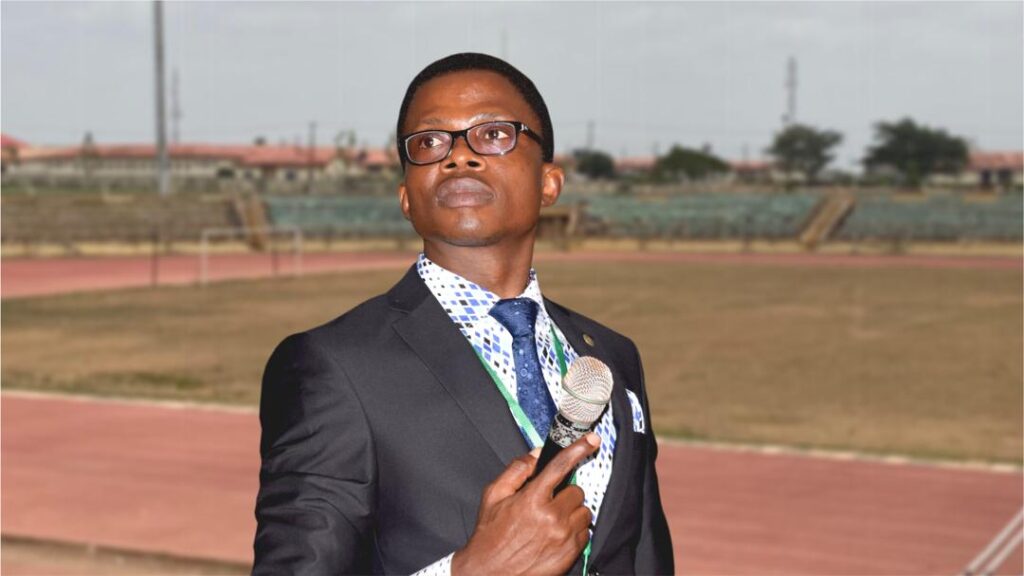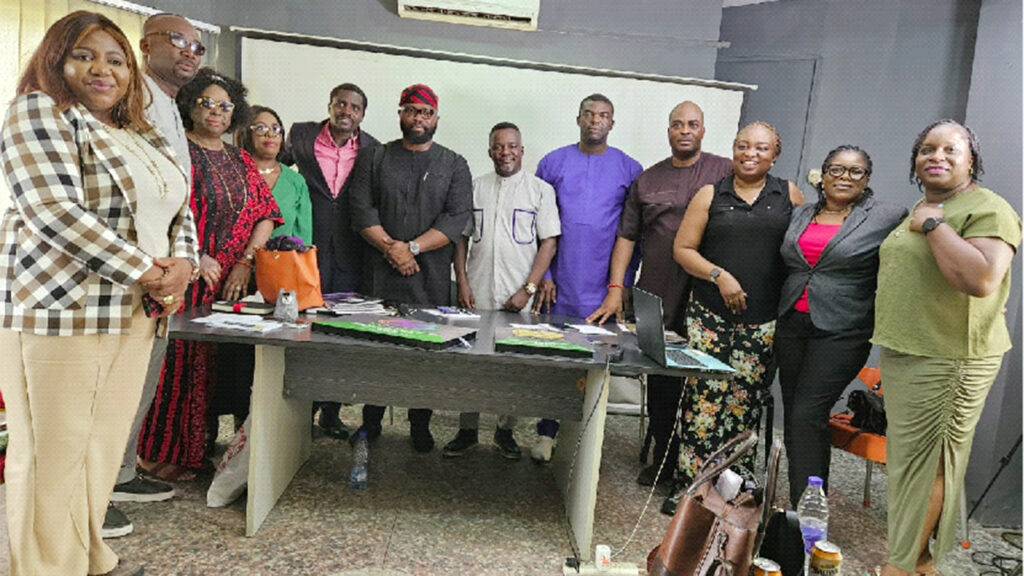
Publisher, Premium Times, Dapo Olorunyomi, has identified media as an important institution that has been able to sustain the nation’s democratic culture over the years.
Olorunyomi spoke at a conversation on twitter organised by the Wole Soyinka Centre for Investigative Journalism (WSCIJ) in commemoration of this year’s democracy day.
Moderated by Chioma Ezenwa, other speakers include: Director of News, TVC Communications, Stella Din-Jacob; founder Kudirat Abiola Initiative for Democracy (KIND), Hafsat Abiola-Costello; former Special Adviser on Digital Technology, Tolu Ogunlesi; Legal Compliance Officer at Spaces for Change Patrick Allam and CEO Ghost Writer Mercy Abang.
To Olorunyomi, “we’ve had almost a quarter of a century back to back democracy for the first time. We don’t have military incursion, that’s a big deal. We had record of young people play active roles in the election, that’s a big deal. We came though the elections with improved electoral laws, the press played an honourable role.”
Speaking further, he said it is difficult to understand the journey of democracy without situating it in the context of media freedom and practice. In the struggle for independence, he recalled the press played a crucial role. Making reference to Herbert Macaulay, Nnamdi Azikiwe and Obafemi Awolowo, he said they helped to articulate the promise of independence.
“Whatever we are doing today is to take the lessons they had given to us.
In the march to greater Nigeria, there will be difficulty and the press must articulate the agenda and mobilise people.
“The sanctity of democracy must be retained. Despite the challenges, a reasonable section of the media kept putting the agenda on the table. At every point, the agenda may be different but it is important to know the agenda of the moment and the press must articulate the agenda and help mobilise robust debate and see what appears to be distractions, what are strengths and weakness.” On her part, Din-Jacob also recalled the media has been on a journey in the last 30 years to do what the constitution empowered her to do.
“Between 1993 and 1999, we were denied that right because the constitution was suspended. Nigeria was ruled by the military. By virtue of the transition from military to civil rule, it sets the stage for the media to thrive on the journey.
“Now that civil rule is here, have we sustained the momentum from pre- independence to date?
“Someone like Bagauda Khalto died in the most mysterious circumstances but everyone knows and believe it was a state sponsored killing because he was a journalist that will not remain silent. If you remember, in the heat of the allegation, the print, especially, stood its ground. Journalists were driven out of their offices and press conference, editorials meetings were under trees or other places.”
Speaking further, she added, democracy came and the work of journalists was not made easier, “because if you work on a story, you can be sued, or subtle pressure may arise for the journalist to step down the story.
“For me the food for thought is to continue to remember the role we should play as watch dog and not friends of people who we should report or hold to account and we should ensure that business of governance and the business of being elected into office is one of service. We must continue to ensure by our reporting and by everything we do as media practitioners is geared towards enforcing the rule of transparency. It will force us to ask questions-do we have what it takes to be the journalist who will hold the highest office holder in the land to account? Do we have what it takes to remember how the media has always stood in the vanguard of agitation and to keep that fire burning regardless of where we find ourselves in?”
On his part, Ogunlesi argued as someone who has worked as a journalist and moved into government, there is a thin line, sometimes, uneasy lines between politics and journalism.
While saying journalism should hold government accountable, he, however, noted, “I still find it problematic that some journalists still believe for you to be a journalist, you must be antagonistic against government.”
Abang, on her part, identified three major areas the media have succeeded— public interest litigation, defending press freedom and citizen journalism.
“Before now, you need to have your byline in The Guardian, Punch or Vanguard. You have to be on NTA, AIT and DBN. But now, we have media houses, before going to bed look at trending topics online.”
Allam, on his part, disclosed that a recent report by Spaces for Change noted press freedom is under attack in West Africa. “The operating space for freedom of expression is in a hostile environment. Journalists are the most targeted group in the civic space.”
Abiola-Costello added journalists of Nigeria put everything on the line. “I remember when they created the underground press. For journalists to fight alongside cynical politicians, they took a leap of faith because they believe in Nigeria.
“My real concern is economic model for professional journalists. If we don’t have a way to figure out how journalists earn decent salary, it’s not good for us. We need to put our heads together.”
In her remarks, Executive Director (WSCIJ), Motunrayo Alaka, noted the imperative of an independent media couldn’t be over emphasised. To her, “For us at WSCIJ, a better Nigeria is one where the media is independent, where accountability journalism thrives and where the most vulnerable are better for all we do.”












